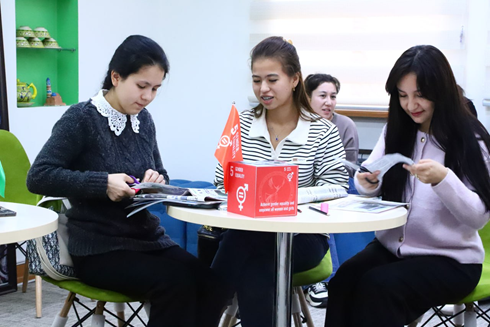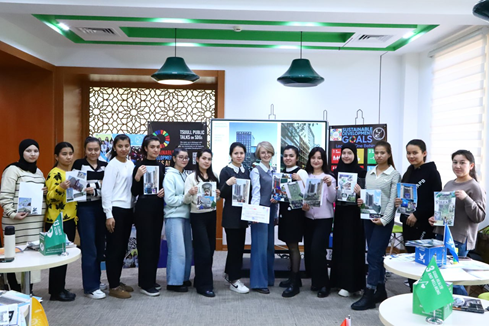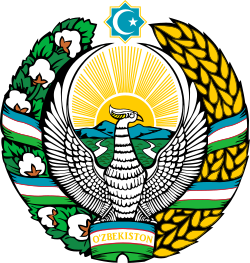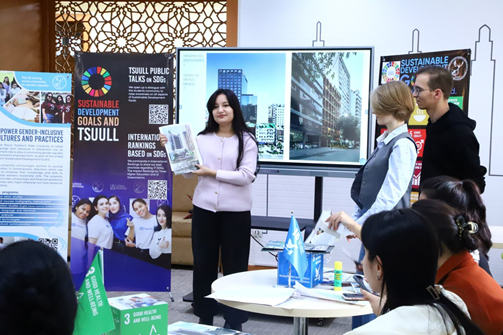TSUULL DELIVERED A PUBLIC TALK TITLED “WHY IS IT BETTER TO USE OLD BUILDINGS THAN TO BUILD NEW ONES?”, 29 NOVEMBER
|
|
On November 29, 2024, Lyubov Efremova, participant in the creation of a digital twin of the destroyed building of the Tverskoy River Station for subsequent restoration, delivered a lecture titled " Why is it better to use old buildings than to build new ones?" for TSUULL Bachelor students on civil engineering and environmental consciousness. |
During the public talk, students and participants engaged in a lively discussion about the current state of old buildings in Tashkent, focusing particularly on the unfinished Hotel “Chorsu” — a long-standing, incomplete structure whose construction was halted decades ago due to various economic and administrative reasons. This landmark, situated in the heart of the city, became a case study for exploring the potential of adaptive reuse in urban planning.
Under the guidance of Lyubov Efremova, attendees analyzed the historical and cultural value of such architectural relics, considering their potential role in preserving the city’s identity. The conversation also touched upon the economic challenges of restoration, from securing funding and materials to navigating legal and bureaucratic hurdles.


The interactive portion of the event encouraged students to think creatively about revitalizing abandoned or underutilized spaces. Working in small groups, they designed posters outlining innovative proposals for the future of Hotel “Chorsu.” Suggestions ranged from transforming it into a cultural and arts hub with exhibition halls and performance spaces, to converting it into a modern community center equipped with educational facilities, co-working areas, and green rooftop gardens. Some even envisioned a hybrid public space blending commercial, recreational, and cultural functions to attract both residents and tourists.
These creative concepts reflected not only a deep understanding of architectural and urban planning principles, but also a commitment to fostering community engagement and sustainability in Tashkent’s future development. The session concluded with Ms. Efremova highlighting that the value of architecture lies not only in its physical form, but in the stories it tells and the possibilities it offers for generations to come.
Credit: TSUULL Press Centre





